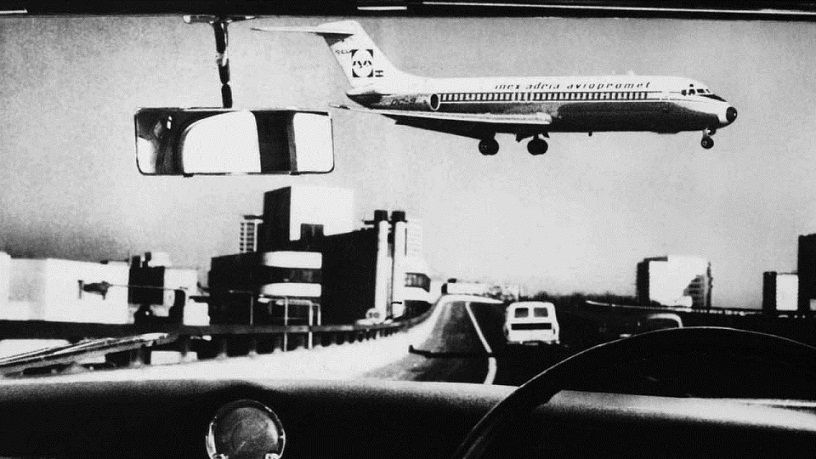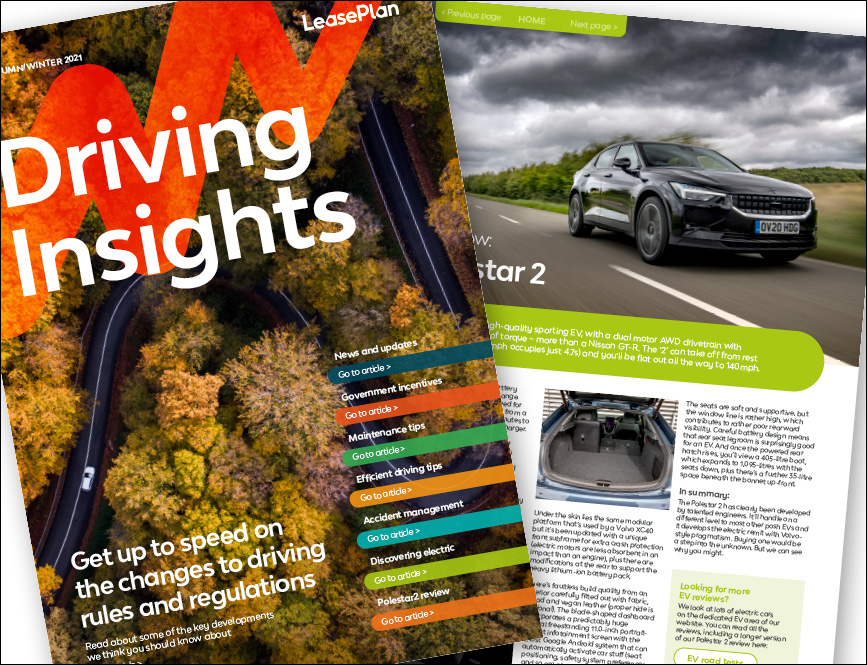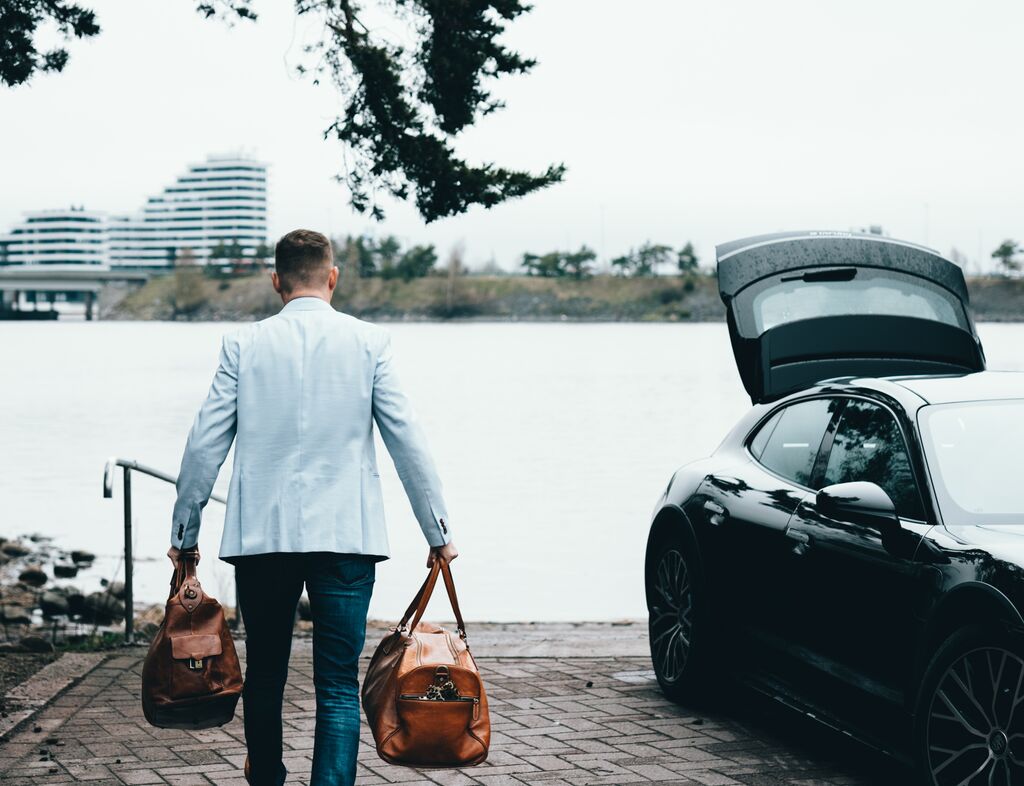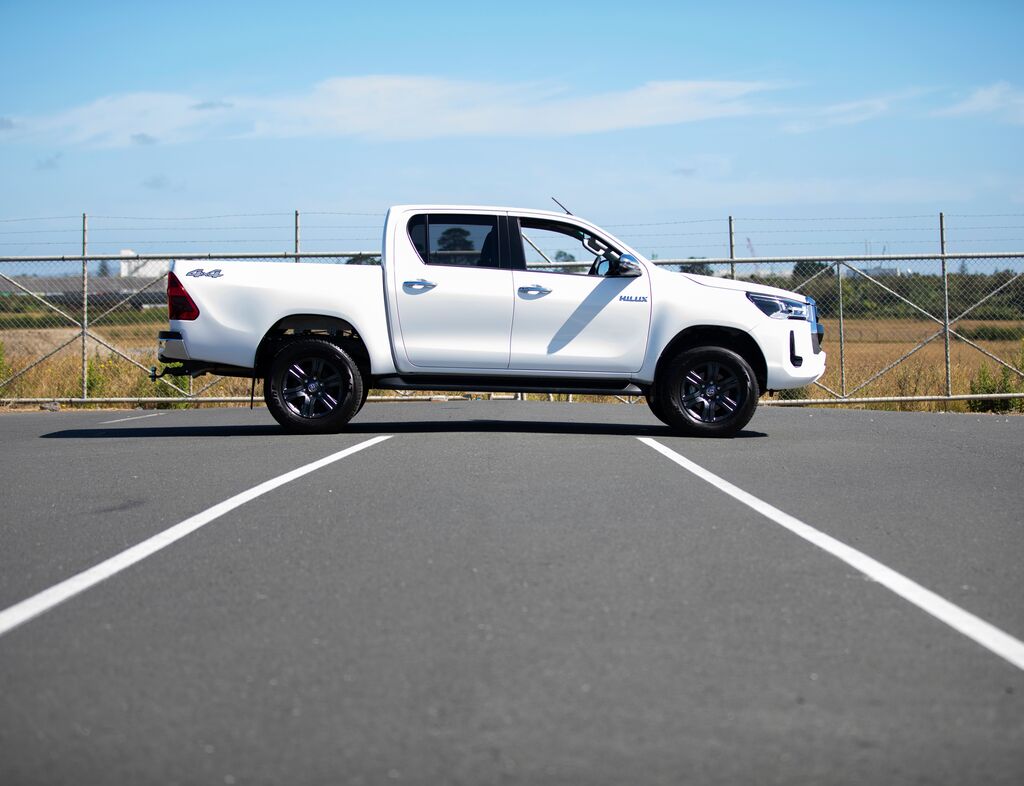Let’s play a little game of word association. I say ‘road movie,’ and you think… what? Easy Rider? Two-Lane Blacktop? Vanishing Point? All of those other films of the 1970s, which we have written about for this blog, in which spindly, young men tear up the American asphalt in their muscle cars?
Not many people would think of the 1979 film Radio On. It’s never been as famous as other Seventies road movies, and neither does it look like them on the surface. It was made in England, for a start, by Christopher Petit. Instead of Highway 66, it gives us the M4. Instead of a stripped-back Chevy, a battered old Rover. Instead of sun-drenched colour, rainy monochrome. It even contains the classified football results. This is as English as English can be.
Or is it? There’s actually a pervasive Germanic feel to Radio On. It was co-financed by the German director Wim Wenders, through his production company Road Movies Filmproduktion GmbH, but the influences stretch far beyond that. The opening credits roll over David Bowie’s familiar song ‘Heroes’, but the version that has some verses translated into German. The hero of the movie then bookends his journey with two Kraftwerk tracks. He eventually meets a pair of German women along the way.
It all creates the impression of a film in limbo, with and without a country. Radio On is here, but not here. There, but not there. A note shown at the beginning of the movie reads: ‘We are the link between the 20s and the 80s’. The link, mind, not the starting point nor the destination. That just about captures the spirit of it.
If this makes Radio On sound strange and mysterious, well, it is. The plot is itself a kind of mystery. Robert, played by David Beames, discovers that his brother was found dead in the bathtub of a Bristol flat, so he drives from London in search of answers. Yet, despite having this cause, he mostly seems aimless. The camera dwells on him playing records and having his hair cut before he sets off. Later, when he finally arrives in Bristol, he discovers nothing about his brother’s cause of death. Suicide? We assume so. But we assumed that at the beginning.
Radio On is less interested in the common dynamics of beginning, middle and end than even the American road movies were. It’s more a hazy collection of impressions. The roadside collage. Our hero’s car breaks down, and another man pretends to be asleep rather than help him. Later, he circles around a windswept quarry. What does it all mean? The question is left hanging in the frigid British air.
None of this is a criticism of Radio On – far from it. Its perplexities somehow wheedle their way into your brain, and stay there. This is an uncommon portrait of Britain, seldom seen on the screen. It shows old factories alongside new amusement arcades. The industrial past against the digital future, except we’re not quite out of the past and not quite into the future. It’s that same theme again: ‘We are the link between the 20s and the 80s.’ 1979 was both on and off the cusp.
Besides, there are scenes in Radio On that are straight-up memorable by themselves. Soon into his road-trip, although about half-an-hour into the film’s languid opening, Robert finds a hitchhiker in his car. It’s a squaddie, we discover, on the run from his superior officers. The two men chat amiably enough, until the subject of Northern Ireland comes up. ‘Bastards!’ screams the soldier, punching himself in the face. The death and bloodshed that he’s witnessed have rewired his personality to the point of psychosis.
Oh, and Sting appears in cameo too. He plays a fan of the American rock ‘n’ roll singer Eddie Cochran, who died in a car accident after performing at Bristol’s Hippodrome theatre in 1960. It’s a weird collision of new and old, of life and death, as Sting plucks out the notes of one of Cochran’s hits on a guitar: ‘Three steps to heaven…’
I’ve come this far without spelling out just how intrinsic music is to Radio On. But you may have guessed that already. It’s not just Bowie and Kraftwerk and Cochran and Sting, the soundtrack also features acts such as Devo, Ian Dury and Robert Fripp. The hero seems to spend more time hanging around jukeboxes than around people. He’s touchy-feely only with the buttons on his radio.
In a way, it’s how a British road movie has to be. We are, after all, an island nation. There’s not enough space for extended odysseys into new frontiers. Eventually we have to turn inwards, to the cassette tapes on the dash. As Kraftwerk put it in ‘Autobahn’, Jetzt schalten wir ja das Radio an. We are switching the radio on.




